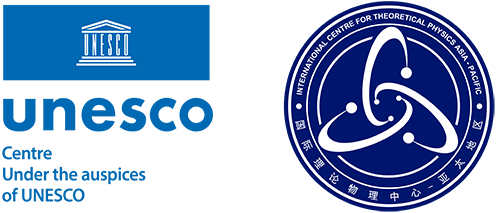On December 21, the Symposium of Women in Science for the Developing World convened at the Chinese Academy of Engineering (CAE). The Symposium aims to promote cooperation between China and other developing countries in the aspects of engineering education, and meanwhile to help female scientists and technologists from developing countries to create platforms for further development. Fang Xin, President of the Organization for Women in Science for the Developing World (OWSD) and Deputy Secretary of Leading Party Members Group of CAS, Xie Bingyu, Director of the Education Office of the Chinese Academy of Engineering, as well as ambassadors of developing countries to China and 17 females of science and technological field from 13 developing countries attended the symposium.
At the symposium, female international students who are from developing countries and are studying in many universities in China shared their experiences of living and studying in China as well as the difficulties they have encountered, and put forward suggestions for the personal development of female science and technological personnel. Representatives of international students from the University of Chinese Academy of Sciences (UCAS) took part in the meeting and shared their opinions.
Rila, an international PhD student in botany at the Kunming Institute of Botany, Chinese Academy of Sciences, talked about her experience of studying in China. Being a mother of three children from Kenya, Africa, Rila was able to continue her education with the support of her father. In addition, due to the poor laboratory conditions in Kenya, there was no sample analysis equipment. It took Rila five years to get her master's degree, thus she especially cherishes the opportunity of studying in China.
Another international PhD student from UCAS, Betty, comes from Ethiopia and is now studying at the Institute of Microbiology, Chinese Academy of Sciences, as a visiting scholar. According to Betty, in Ethiopia, there is only one professor engaged in mycological study and there is no laboratory specializing in this field, let alone professional research teams. Betty hopes that she can make good use of the knowledge she has learned in China and contribute to mycological studies in her homeland.
Tia, an Egyptian girl from the Institute of Process Engineering, Chinese Academy of Sciences, is studying for her PhD in biochemistry. Only two months after her arrival in China, she has basically gotten used to the food and accommodation, but the Chinese language remains a major challenge for her. She hopes that along with the support from the Chinese government, the Egyptian government could also increase the support for students studying engineering abroad.
Afterward, ambassadors from Madagascar, Kenya, Venezuela, and many other countries made presentations on the current situation of female science and technological workers and expressed their intentions to continue to support the work of female science and technological workers.
Fang Xin summarized at the end of the symposium, expressed her thoughts and concerns on the suggestions and opinions of teachers and students on helping female scientists and technologists, and she said that she would discuss the solutions as soon as possible and reply to the participants.
Betty, one of the representatives of international students, talks at the forum
Tia, the international student, is being interviewed by reporters.
Powered by Froala Editor










